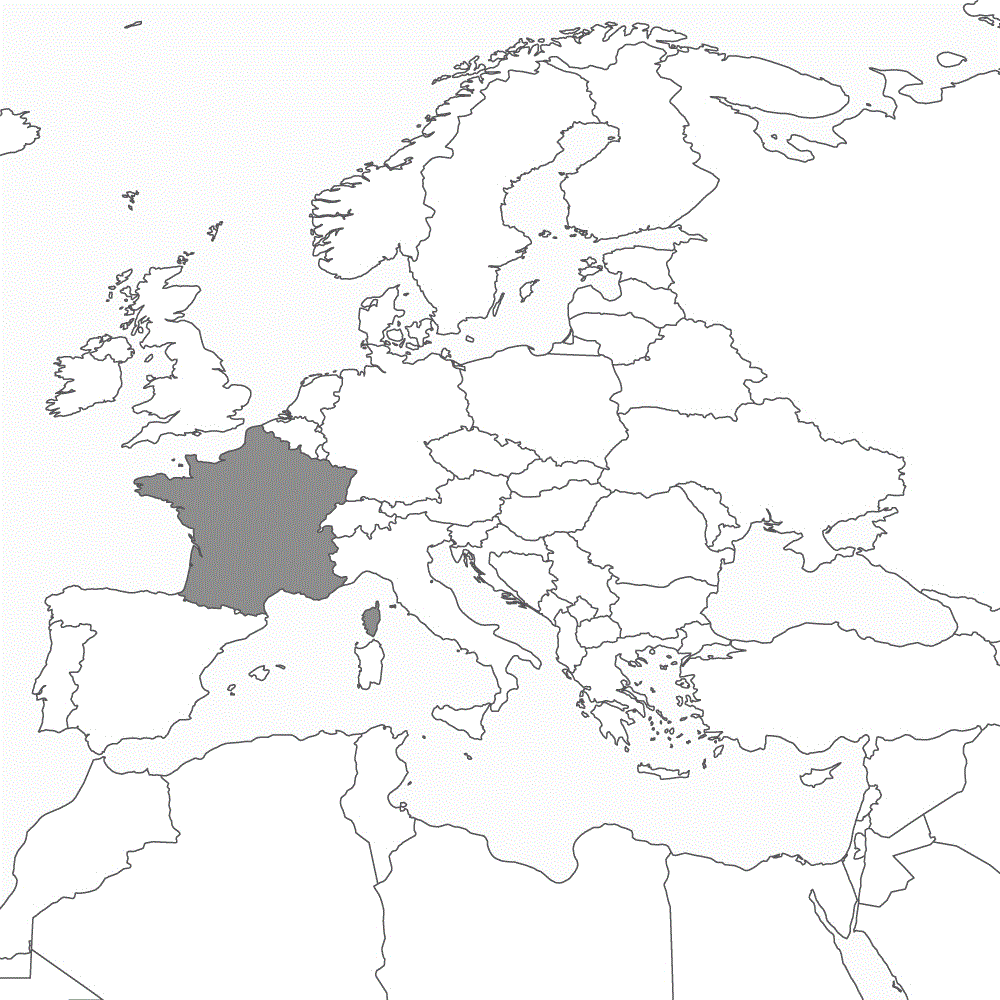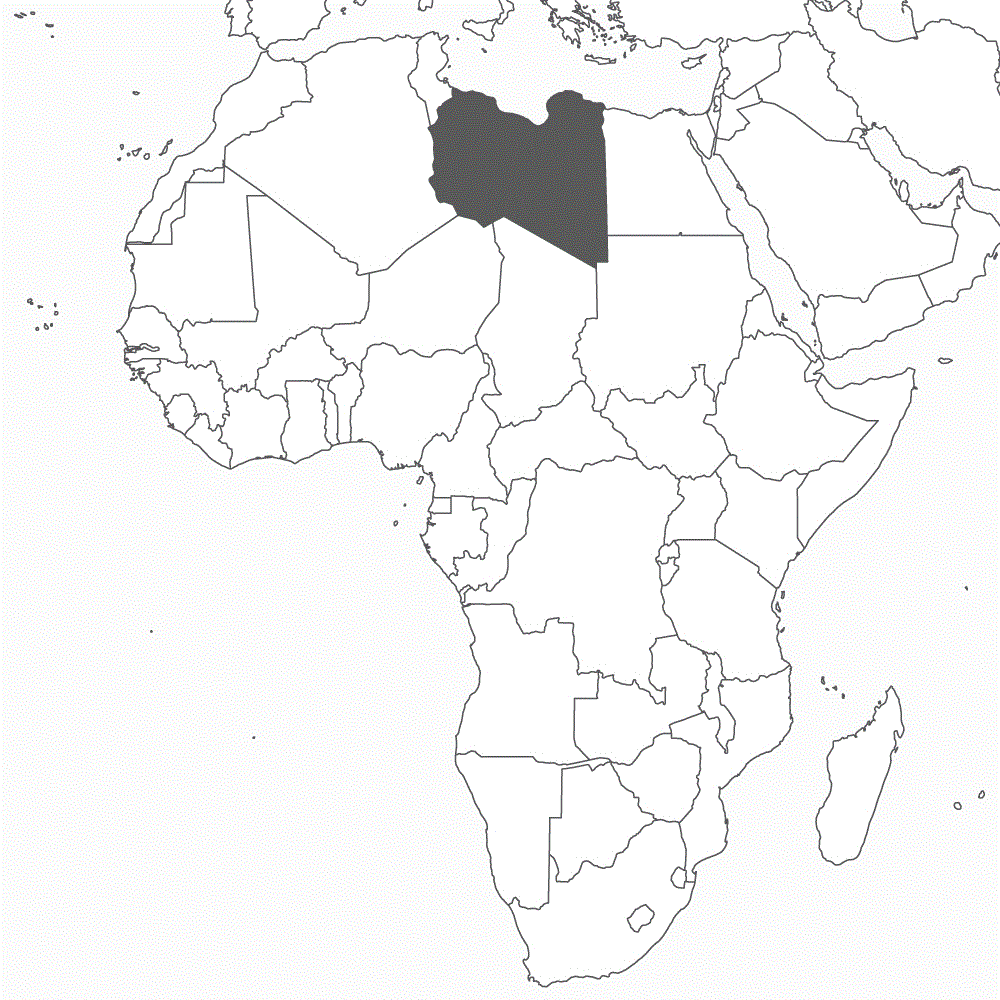"To the Second League"
Chancellor Merkel receives President Emmanuel Macron in the German town of Meseberg. France falls further behind Germany during the crisis.
BERLIN/PARIS (Own report) - German Chancellor Merkel will host French President Emmanuel Macron today to discuss the German EU Council Presidency, which begins on Wednesday, and the European Economic Recovery Plan. The meeting is to suggest a stable Franco-German cohesion in combating the COVID-19 crisis. In fact, France is much more affected by the crisis than Germany. France benefits comparatively little from the EU Recovery Plan and is falling further behind in the inner-European power struggle with Germany. France is at risk of being relegated "to the second league" according to French commentators. Also in view of the 89th anniversary of the German invasion of France, Macron recently reported that he was currently studying the analysis " L'Ètrange Défaite" (The Strange Defeat), written by French historian Marc Bloch in 1940, on the reasons for the French defeat in World War II. With reference to the shared history of the war, Paris and London are intensifying their cooperation. Read more
The EU's Creative Power
As mediator in the Libyan war, Berlin failed in its ambition to enforce a ceasefire.
BERLIN/TRIPOLI (Own report) - German Foreign Minister Heiko Maas has announced new German initiatives to end the war in Libya and declared that the EU's "Irini" military operation is an "example of the Union's political creative power." Germany has so far failed in all its efforts to achieve a ceasefire in that North African country. This is particularly significant since the German government assumed the role of mediator in the Libyan war in the eyes of world's public at its Berlin Libya Conference on January 19. Instead of laying down their arms, the Libyan belligerents have since escalated their combat. Following initial successes of the East Libyan warlord Khalifa Haftar's militias, troops of the "Government of National Accord" (GNA) were finally able to achieve a military breakthrough and advance toward the strategically important areas of Sirte and al-Jufrah. Now, Egypt is threatening to intervene. Experts believe that, at best, Russia and Turkey would be able to enforce a ceasefire but not Berlin and the EU. Read more
NATO Setting Sights on East Asia
The western alliance is assuming a stronger posture in relationship to China. US experts call for NATO operations in the Pacific.
BERLIN/WASHINGTON (Own report) - NATO should systematically expand its military exercises and operations into the Asia-Pacific region, an expert of Washington's Atlantic Council think tank proposes in the intensifying debate on the posture the western war alliance should assume in relationship to the People's Republic of China. China's "presence in the Arctic, in Africa and in the Mediterranean" calls for a response, according to NATO Secretary General Jens Stoltenberg. Think tanks suggest that NATO should more closely monitor Chinese investments in the European infrastructure, because "civilian roads, ports and rails" under construction with Chinese participation "are an integral part of NATO's plans for military mobilization." NATO is also strengthening its relations with "global partners" such as Japan, South Korea and Australia. For the first time, Australia's defense minister participated at the meeting of the NATO Ministers of Defense that ended yesterday. The Atlantic Council is also suggesting the establishment of a NATO military headquarters in the Asia-Pacific region. Read more
The Green Cold War
Transatlantic parliamentary alliance launched against China - with substantial involvement of a German Green politician.
BERLIN/WASHINGTON (Own report) - Politicians from the German Green Party are playing a leading role in a new transatlantic anti-China alliance of legislators. Anti-Chinese hardliners, Marco Rubio and Bob Menendez, are considered the driving forces in the Inter-Parliamentary Alliance on China (IPAC), launched last Friday, currently involving members of twelve parliaments. Officially, the organization seeks to forge a common western policy toward China. A concrete aim appears to be the implementation also in Europe of the US sanctions policy against Beijing. IPAC is mobilizing legislators, there where national governments are still rejecting the sanctions. In the wings of the Munich Security Conference, last February, Reinhard Bütikofer, a Green Party member of the EU parliament had already proposed the creation of such a legislator pressure group. He is now acting as IPAC co-chairman. The alliance, which is calling for the development of "security strategies" against China, has an Ex-CIA specialist on its advisory board. Read more
Troop Reduction Debate
German government advisors: Washington could close US bases in Europe to more offensively engage against China.
BERLIN/WASHINGTON (Own report) - Independently of the Trump administration's recent move in that direction, German government advisors are hinting of possible US troop reductions in Germany. In a current analysis of the German Institute for International and Security Affairs (SWP), the author notes that, given the Corona crisis is inducing a drastic slump in the US economy and the national debt is likely to skyrocket to over 100 percent, it can be expected that Washington will have to set certain priorities in its military policy. The USA would focus more than before on the power struggle with China and possibly reduce its presence in Europe. The Trump administration's relevant plans have been met with strong criticism in Washington and Berlin. If implemented it would be "a gift for Putin," according to US politicians and German military officials. It would certainly not be easy for the USA to make major reductions in Germany, where its military installations are playing a key role in US wars. Read more
The "Vaccine Alliance"
Germany is planning an "alliance" with other European countries to produce a Covid-19 vaccine - in rivalry with the USA.
BERLIN (Own report) - The German government is using the Covid-19 pandemic to expand its strategic disengagement from the USA. According to reports, Germany is leading efforts to form a European "Vaccine Alliance," together with France, Italy and the Netherlands to prevent the EU from losing out to the United States and China "in the geopolitical race for a Coronavirus vaccine." The participating states are already negotiating with pharmaceutical companies, which would receive government research funds and purchase guarantees and in return organize the desired Covid-19 vaccine's distribution according to their own concepts. It has previously been made known that the Trump-Administration, in return for billions in subsidies, had secured national priority access to the majority portion of a future vaccine. Now, the EU is planning billions in subsidies for pharmaceutical companies, in spite of the fact that they are already known for their huge profits. Read more
War Exercise Despite Pandemic (II)
War exercises on the Baltic Sea will begin on the weekend with German Bundeswehr participation.
BERLIN (Own report) - A major combat exercise in the Baltic Sea will begin with German Bundeswehr participation on the weekend, despite ongoing restrictions on civilian life due to the Covid-19 pandemic. In the course of nine days, troops from 17 NATO member states and two allied countries will be exercising naval warfare within the framework of the US led BALTOPS 2020 maneuvers. In spite of the Corona crisis, western powers are maintaining their commitment to the exercise as well as to the major US Defender Europe 20 maneuver, exercising the transatlantic redeployment of division level US troops in the direction of the Russian border. Due to the pandemic, it will be continued in a reduced form, under the label Defender 20-plus. The BALTOPS maneuvers, held annually since 1971, have become increasingly important in the context of growing tensions between the western powers and Russia. In the event of war between NATO and Russia, the Baltic Sea would become a key military strategic region. Read more
Yellow Peril and Black's Breath
The uprisings in the USA are the domestic harvest of imperial racism, using the virus in the struggle for world hegemony. The racist legacy is European. Commentary by Hans-Rüdiger Minow
Since the virus is spreading in Europe, people who appear Asian must be wary of those looking European. Asian descendence points to locations in an uncertain vicinity to the epidemic, yet not knowing the origin of the other, his physiognomy is suspicious. Asian looking people report that others avoid them, move away from them in buses and trains, evade them in parks or shout that they should disappear. Those particularly unfortunate are also spat at. Keeping a distance is not enough. A buffer zone of threatening void and insecurity is created around the Asian stranger. Donald Trump was one of the first to encourage cessation of contact. He gave the fear of the stranger a location; he called it "China" and the virus "Chinese." But now the genie has escaped the bottle to denigrate the Asian adversary. This genie is now active in the region of its origin, squeezing the breath out of former slaves - in New York and Chicago. It is imperial racism of the colonial hemisphere. He said "China" and reaped the wrath of his victims in Brooklyn. Read more
GERMAN-FOREIGN-POLICY.com
Information on German Foreign Policy: News + Interviews + Analyses + Background


